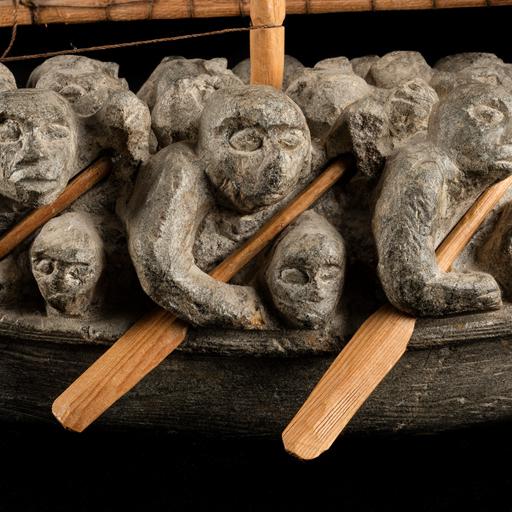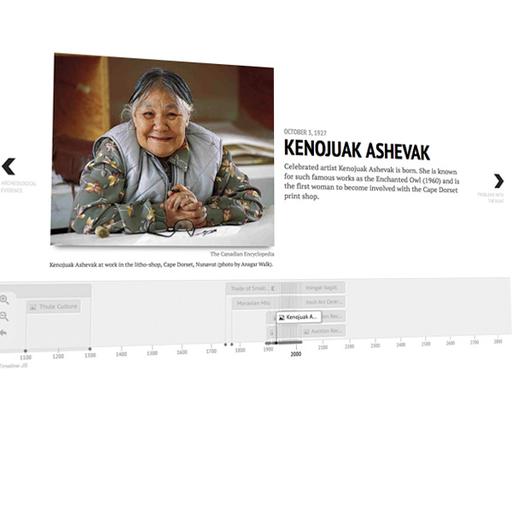U of Sask. student from Kawacatoose First Nation invited to join Antarctic expedition
CBC News | January 29, 2022
Categories: news
'It's super important to have Indigenous representation,' says Danielle Kehler
Theresa Kliem · CBC News · Posted: Jan 29, 2022 4:27 PM CT | Last Updated: 31 minutes ago

Danielle Kehler is an artist from Kawacatoose First Nation on Treaty 4 Territory and a student at the University of Saskatchewan. She has been invited by the 2041 Foundation to join the 2041 ClimateForce Antarctic Expedition. Kehler spoke to CBC's The Afternoon Edition Host Garth Materie.
This interview has been edited for length and clarity.
Garth Materie: What was your reaction when you heard your application was accepted and you're going on this expedition?
Danielle Kehler: I was super excited, kind of awestruck because this is the first time in 18 years that it has been going on that a First Nations person [from Canada] has been invited to the expedition. I felt like I had some pretty big shoes to put on, but I'm super excited for this opportunity.

GM: What exactly will you and the other young people be doing in Antarctica?
DK: We are going to be working with people from around the world and business, industry, governments, world leaders, scientists and students from all over the place. And we go down to Antarctica to learn about climate change and climate science, to come up with sustainable solutions that we can then bring back into our own communities.
GM: It's almost impossible to get further away than Antarctica. How do you get there?
DK: I fly down to Argentina and the group meets with everybody. Then we board a cruise line ship, and it's a sustainable one. We'll be boarding the ship and then we'll be sailing to the peninsula of Antarctica for two weeks.
Antarctica is considered a hotspot of climate change and in a few weeks a student from the University of Saskatchewan will be getting a close up look. Danielle Kehler has been chosen to join a group of young people from around the world on an expedition to the southernmost continent. She'll also be the first First Nations person to be part of the trek, which is organized by the 2041 Foundation — an organization dedicated to the preservation of the polar regions. Danielle joins us on today's program to tell us more. 6:44
GM: Do you stay on the ship or how does that work?
DK: During the day we have onshore landings. That's when we do a lot of the climate science, and we learn about the land. Then we come back onto the ship, and that's where we sleep and we keep sailing and we have workshops and seminars.
GM: What are you hoping to see and learn?
DK: I really want to figure out a way to save the world. I'm on a mission for climate sustainability. The climate crisis is very real. So I really want to learn as much as I can with climate sustainability, with the science behind it.
Indigenous people have always held vast knowledge of traditional ecological knowledge about the land, and it's very crucial and critical to the preservation of Mother Earth. I want to apply all this knowledge that I know with other people from around the world, and hopefully we can create some sustainable solutions to help everybody.
GM: What's it like to be the first First Nations person [from Canada] to be on this expedition?
DK: I may be the first First Nations person [from Canada], but I definitely don't want to be the last going on this expedition. I want to create some kind of programming with Indigenous Nations and the Government of Canada. Hopefully we can create a program to get Indigenous representation, especially Indigenous youth, to go on this expedition for the next years.
GM: Why do you think it's important to have that Indigenous representation on these expeditions?
DK: As Indigenous people, I mentioned before, we hold vast knowledge about the land, about water, about how it's all interconnected, about how everything works with one another, the animals, the water, the plants, people, everything. And so I know that it's super important to have Indigenous representation in these kind of spaces.
There should have been Indigenous people involved in these conversations because we hold the most sustainable solutions in all the world because we hold four percent of the world's population, yet we protect 80 per cent of the world's biodiversity.
Clarifications
A previous version of this story stated that Kehler was the first First Nations person invited to take part in the expedition. The 2041 Foundation has since clarified that there have been First Nations people from other countries on expeditions. The story has been updated to reflect that Kehler was the first First Nations person from Canada invited.
- Feb 03, 2022 10:39 AM CT


